Chairman of the Committee on Culture and Social Affairs Nguyen Dac Vinh:
Human resource development must go one step ahead
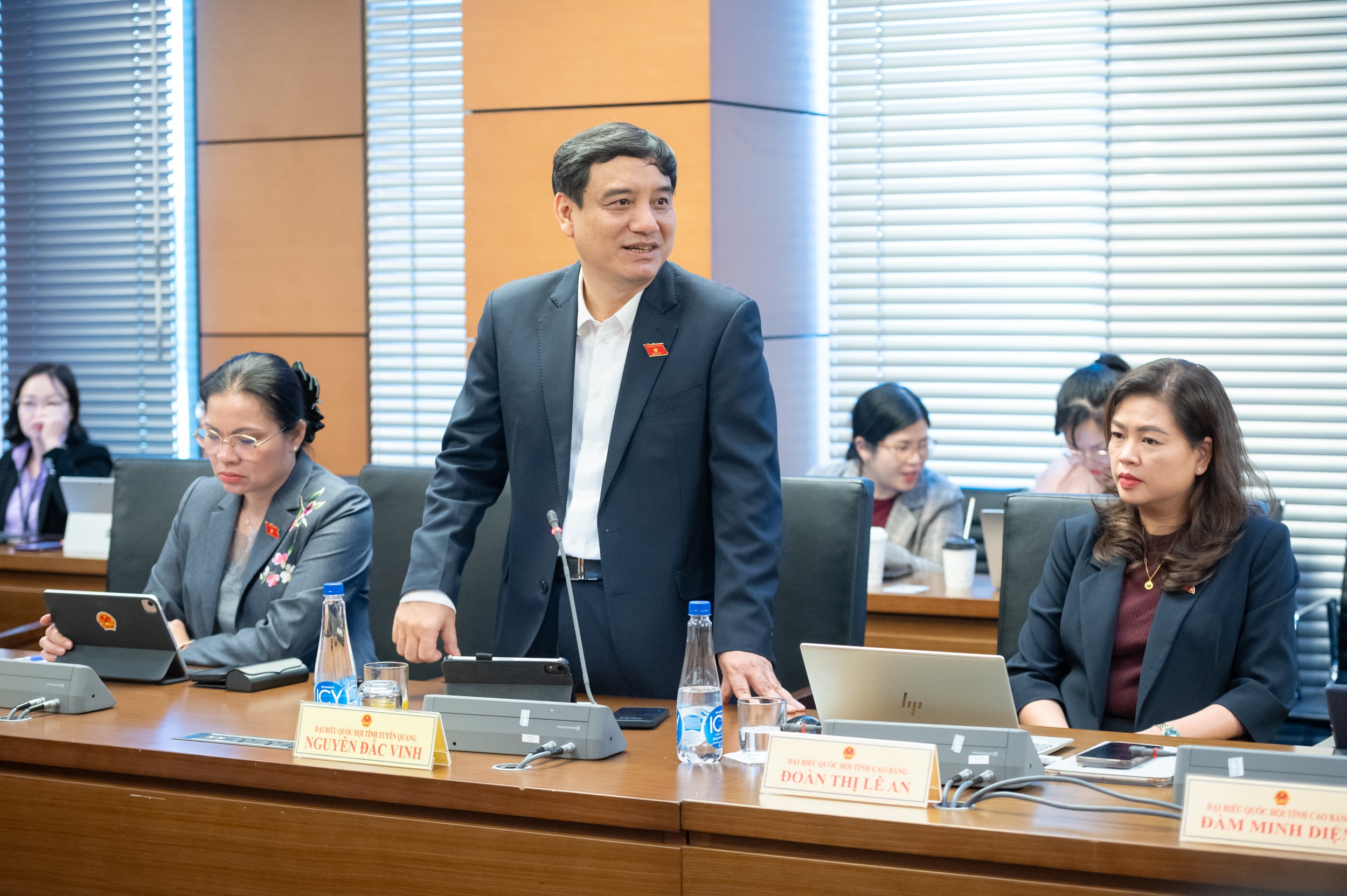
Integrating the three Political Reports, the Socio-Economic Report, the Report on Party Building and the Implementation of the Party Charter into a unified Political Report is a necessary and correct step. This approach helps research and implementation to be more convenient, avoids overlaps and duplications, and ensures consistency and uniformity in direction and administration.
The draft documents of the 14th National Party Congress have been regularly updated, with good editing quality, adding new content, having important breakthroughs, demonstrating a profound development vision. In particular, in previous documents, human resource development policies mainly focused on training, not paying due attention to attracting talent. The new point of this draft document is that it has paid more attention to the factor of attracting human resources.
In recent years, our country has made great efforts to invest in education , but the quality in some areas, especially higher education and vocational training, is still far behind that of developed countries. In the context of globalization, attracting high-quality human resources from abroad not only brings immediate results but also has long-term impacts on domestic development.
In fact, inviting international experts in fields such as sports, science, technology or economics has brought many positive results. In many large enterprises, when importing modern production lines, the first stage always involves the participation of foreign experts to transfer technology, then the domestic team takes over. This shows that with good policies, favorable working environment and living conditions, Vietnam can completely become an attractive destination for high-quality human resources.
Therefore, I strongly agree with the draft document adding the goal of attracting human resources, creating a basis for us to build specific mechanisms and policies to attract high-quality human resources to the country.
Vietnam’s labor structure is still inclined towards simple labor and cheap labor, while the demand for highly skilled labor is not large. The rate of high school students going to university is currently about 50%, but the labor market cannot always absorb all of this force.
If the scale of university training is expanded too quickly, in the context of limited resources, it will lead to dispersion of investment, reduce quality and waste of social resources. Along with that, with the current university autonomy mechanism, due to heavy dependence on tuition fees, schools tend to enroll students en masse, while lecturers and facilities do not meet the requirements, affecting the quality of training.
Therefore, I think it is necessary to soon re-establish a reasonable labor market structure, improve the quality of university education; at the same time, reorganize and reduce weak facilities according to the direction of the Party Central Committee, towards a streamlined, effective training system, closely linked to the needs of the economy.
Regarding vocational training, in the new context, when technology and labor demand fluctuate as rapidly as today, vocational training thinking also needs to change to adapt promptly. It is not possible to just "learn once for life", but it is necessary to form a flexible training market, where workers can relearn and update their skills many times during their working process. The State and educational institutions need to invest in the quality of basic training, helping learners have enough capacity to adapt to change.
Human resource training is a long-term process, requiring early calculation, foresight and clear strategy, so that when development opportunities come, the country is ready in terms of human resources.
National Assembly Delegate Nguyen Quang Huan (Ho Chi Minh City):
Strengthening the development of applied science
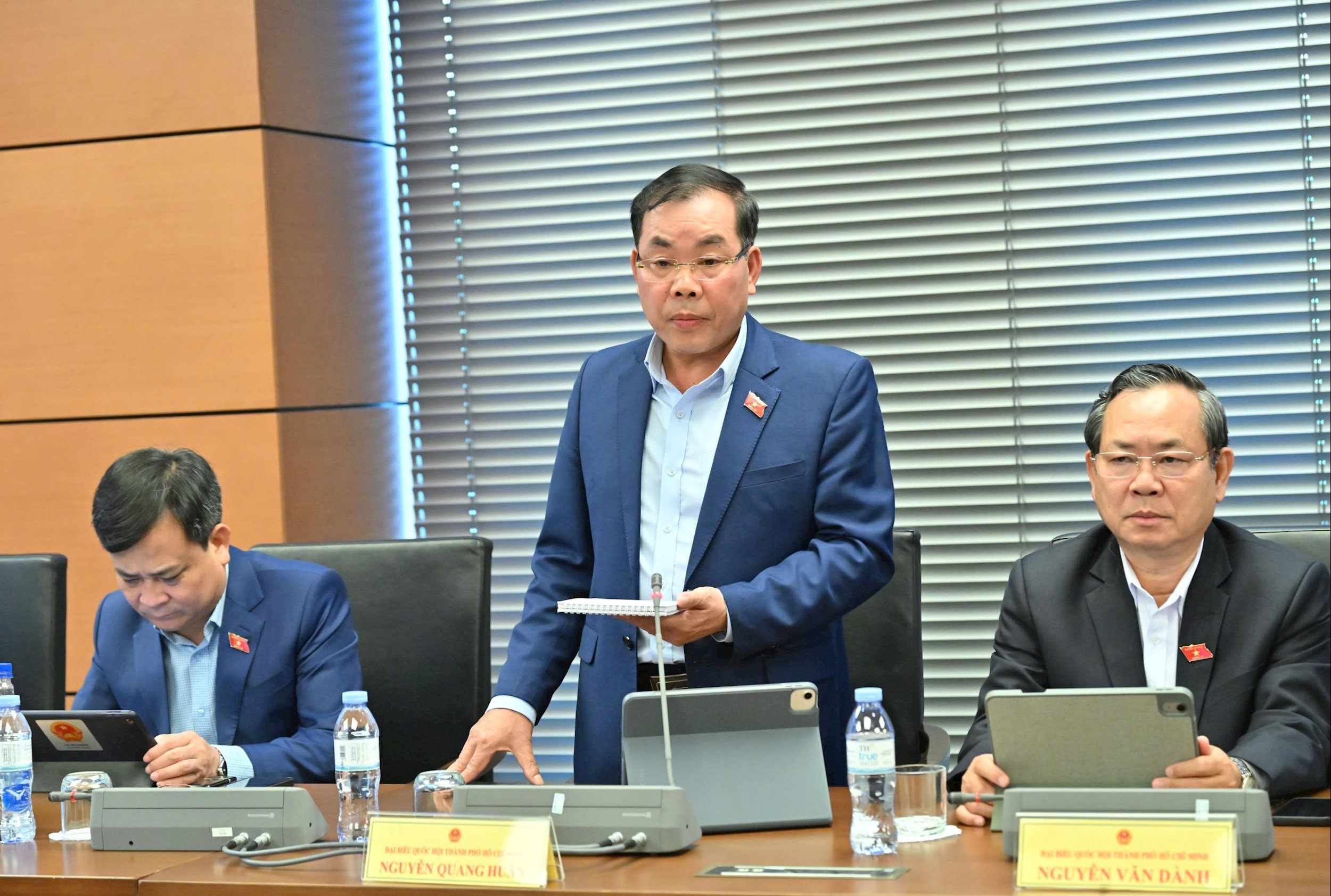
I completely agree with the content of the assessment of the results achieved in terms of economy, culture, national defense - security and Party building and rectification in the draft Political Report. The draft report has very frankly stated the limitations and weaknesses in accordance with the spirit of the General Secretary: "clearly stating the problems so that we can find ways to overcome them" and draw lessons after 40 years of innovation. The draft Political Report has presented 5 major lessons, which are the basis for putting forward 5 viewpoints and goals for national construction in the new period that are very close to reality.
Regarding the viewpoint and goals of national development in the new period, the draft Report sets out the main development goals and targets for the 5 years (2026 - 2030), regarding the environment, including the target of reducing greenhouse gas emissions by 8 - 9%. I find this unclear. Because, is the target of 8 - 9% compared to which scenario or do we reduce by 8 - 9% every year? If it is reduced by 8 - 9% compared to the normal development scenario, it is too low, not consistent with Resolution No. 70-NQ/TW of the Politburo just issued on August 20, 2025 on the target of reducing emissions by 2030, according to which, it must reach 15 - 35% compared to the normal development scenario, that is, the energy sector alone must reduce emissions by 35%, which means the whole economy must reduce emissions by 25%.
The Government should establish a clear model of emission reduction to see how much each sector will reduce and what is the roadmap to achieve “zero” emission reduction by 2050? If we do not have a roadmap, by 2050 the entire economy will emit about 1.4 billion tons of carbon, so how can we reduce from 1.4 billion tons to zero? There needs to be an emission reduction model so that Party and Government agencies can unify data for implementation and concretization.
Regarding the mechanism, the draft Political Report states that "there are outstanding breakthrough mechanisms and policies to develop new economic models and large-scale key projects such as digital economy, green economy, circular economy...", suggesting adding the phrase "ESG enterprises", enterprises applying Environmental, Social and Governance standards to this content, because currently Resolution No. 68-NQ/TW of the Politburo on private economic development has stated policies to encourage the development of ESG enterprises, but Vietnam has not yet localized ESG standards, while the world currently has more than 600 ESG standards. Therefore, when Resolution No. 68-NQ/TW encourages 2% interest rate support for ESG enterprises, in reality, no Vietnamese ESG enterprises can be found, and no enterprise dares to claim to meet ESG standards because there are no evaluation criteria. To concretize Resolution 68-NQ/TW, the draft documents of this Congress should include the concept of "ESG enterprise".
Regarding the content of breakthroughs in science, technology and innovation development, national digital transformation, the draft Report states "creating a favorable environment for the private sector to trust and be willing to participate in investing in scientific research and technology development", it is recommended to add a paragraph "strengthening the development of applied science and eliminating the mechanism of scientific research according to orders", because, to truly create a market for science and technology, it is necessary to focus on applied science, avoiding basic research as before, only developing in theory but not in practice.
National Assembly Delegate Tran Thi Hong An (Quang Ngai ):
Foreign affairs, international integration together with national defense and security are important and regular tasks.
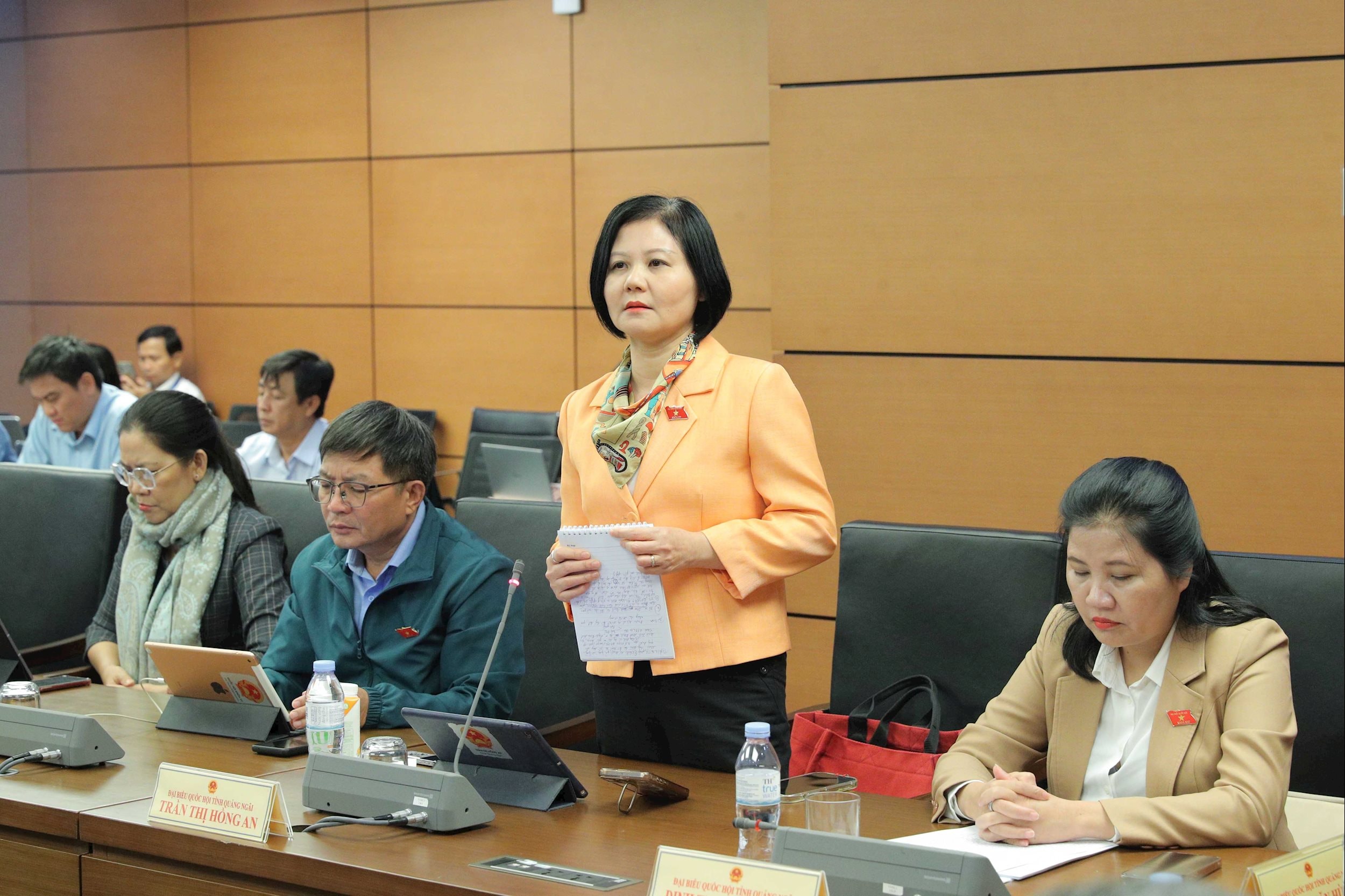
The new point of the draft document submitted to the 14th National Party Congress is that foreign affairs and international integration, together with national defense and security, are important and regular tasks. Accordingly, it has opened a comprehensive strategic framework for national defense, marking a renewal of the Party's strategic vision in the context of Vietnam's deep integration and increasingly fierce geopolitical and global economic competition.
This new perspective is the basis for establishing diplomatic methods, attracting capital, technology, international resources and increasing national soft power. This is not only a change in thinking but also a strategic lever to make foreign affairs and international integration a core tool for national security and for the country's sustainable development.
Notably, the draft Political Report also sets out specific requirements for foreign affairs, that is, developing foreign affairs in the new era must be commensurate with the historical, cultural stature and position of the country.
Thus, foreign affairs in the future will have three tasks: creating a favorable situation and environment for the country to enter a new era, an era of growth; creating momentum and opening up opportunities for the country to develop; contributing to enhancing the country's position and prestige. With the new position and strength, Vietnam can completely proactively participate and make positive contributions to maintaining peace and stability in the region as well as in the world.
Thus, for the first time, foreign affairs requirements must be commensurate with the country's stature, building a comprehensive, modern diplomacy with three pillars including Party foreign affairs, State diplomacy and People's diplomacy.
The operating model of foreign affairs is defined as a unified and synchronous foreign affairs ecosystem, in which there is a close connection between political diplomacy, economic diplomacy, defense and security diplomacy, science and technology diplomacy and digital transformation.
In particular, in addition to the Political Report, we also have an Action Program to organize the implementation of the Resolution. This is a new point, ensuring that the resolutions, once passed, will be immediately implemented in ministries, branches and localities.
In the national defense and security institutional section of the Action Program, we have just stipulated: "Completing and promulgating legal documents, adjusting the activities of the three pillars of foreign affairs, Party foreign affairs, State diplomacy and People's diplomacy, promoting the development of forms of People's diplomacy, economic diplomacy, cultural diplomacy, technology diplomacy and digital diplomacy". However, in the Action Program, it is proposed to add the method of environmental diplomacy. Because, in the draft Document, it has been determined that the environment and socio-economic development become the central task.
Along with that, add humanitarian and medical diplomacy. Because during the time of preventing and fighting the Covid-19 epidemic, vaccine diplomacy has become a bright spot, helping Vietnam escape the epidemic in a spectacular way.
Source: https://daibieunhandan.vn/gop-y-du-thao-van-kien-dai-hoi-xiv-cua-dang-danh-dau-su-doi-moi-ve-tam-nhin-chien-luoc-trong-dang-chu-trong-hon-den-thu-attract-nhan-luc-10395019.html


![[Photo] Prime Minister Pham Minh Chinh attends the Patriotic Emulation Congress of the Ministry of Foreign Affairs for the 2025-2030 period](https://vphoto.vietnam.vn/thumb/1200x675/vietnam/resource/IMAGE/2025/11/10/1762762603245_dsc-1428-jpg.webp)



![[Photo] Prime Minister Pham Minh Chinh attends the annual Vietnam Business Forum](https://vphoto.vietnam.vn/thumb/1200x675/vietnam/resource/IMAGE/2025/11/10/1762780307172_dsc-1710-jpg.webp)

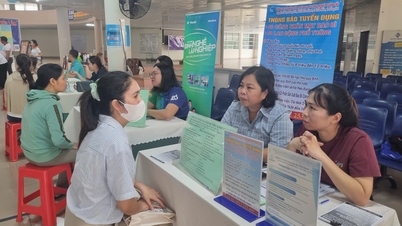

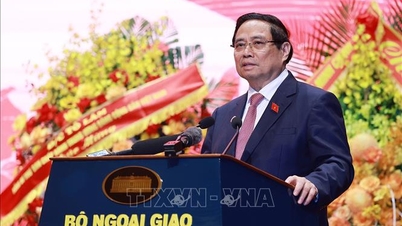

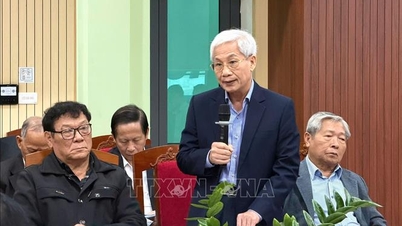



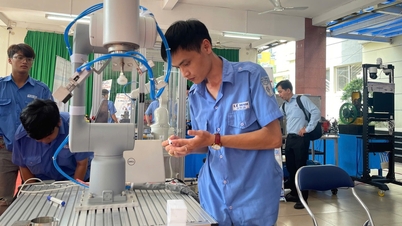

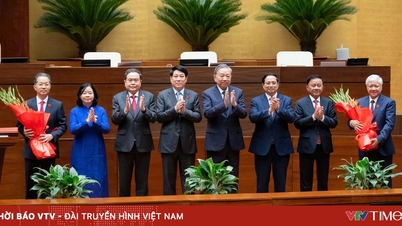

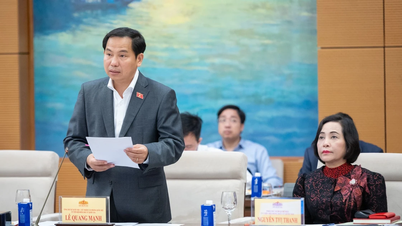

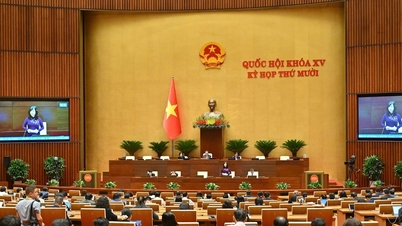

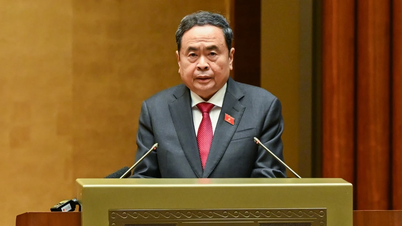





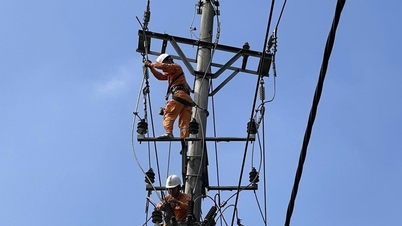
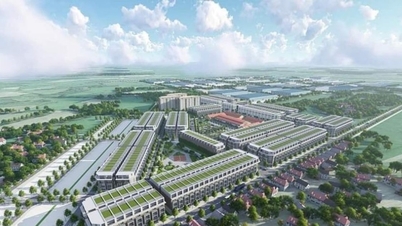
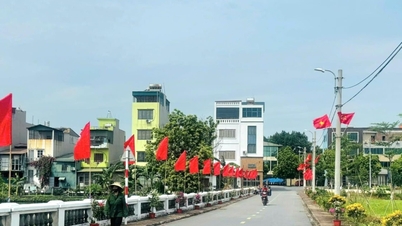
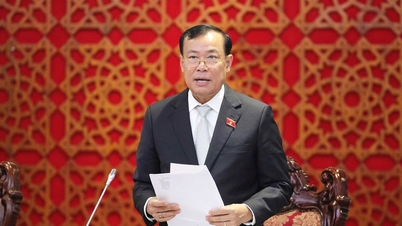







































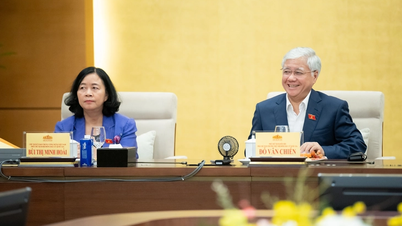






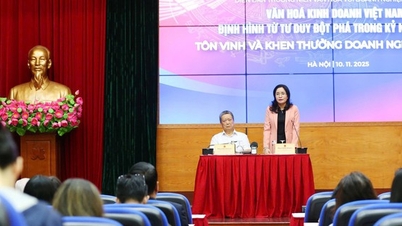







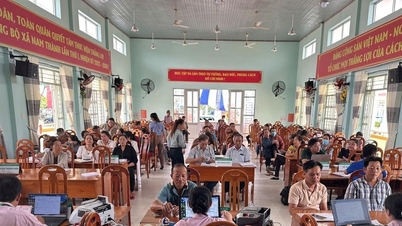
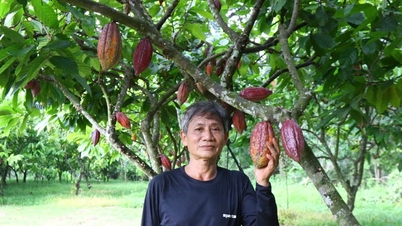

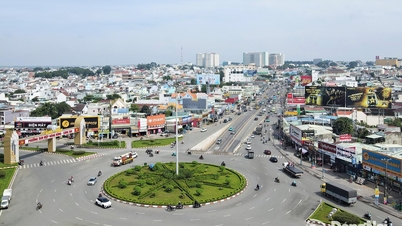
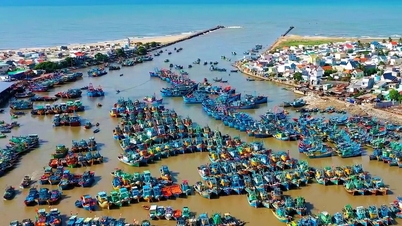

![Dong Nai OCOP transition: [Article 3] Linking tourism with OCOP product consumption](https://vphoto.vietnam.vn/thumb/402x226/vietnam/resource/IMAGE/2025/11/10/1762739199309_1324-2740-7_n-162543_981.jpeg)








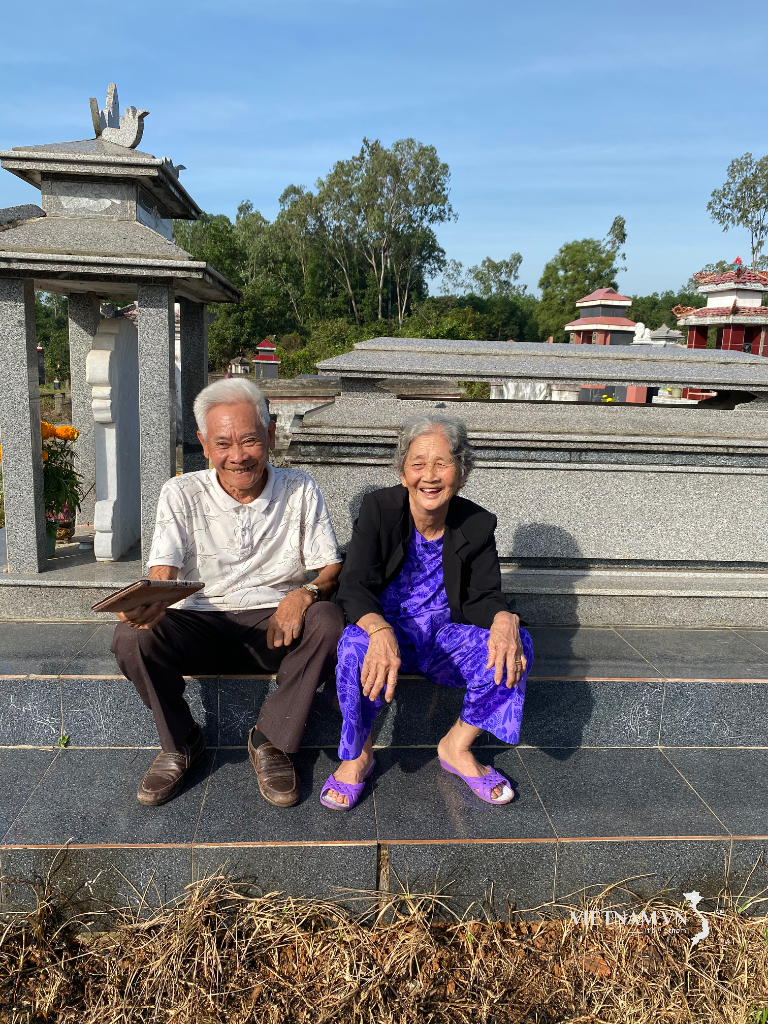
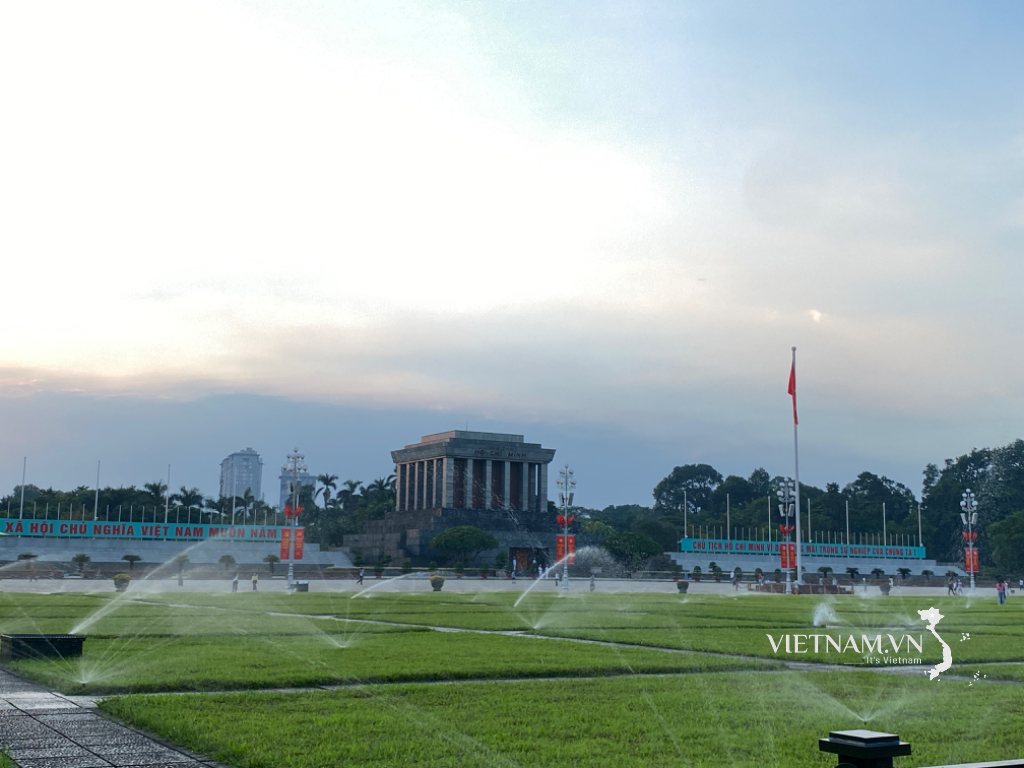

Comment (0)